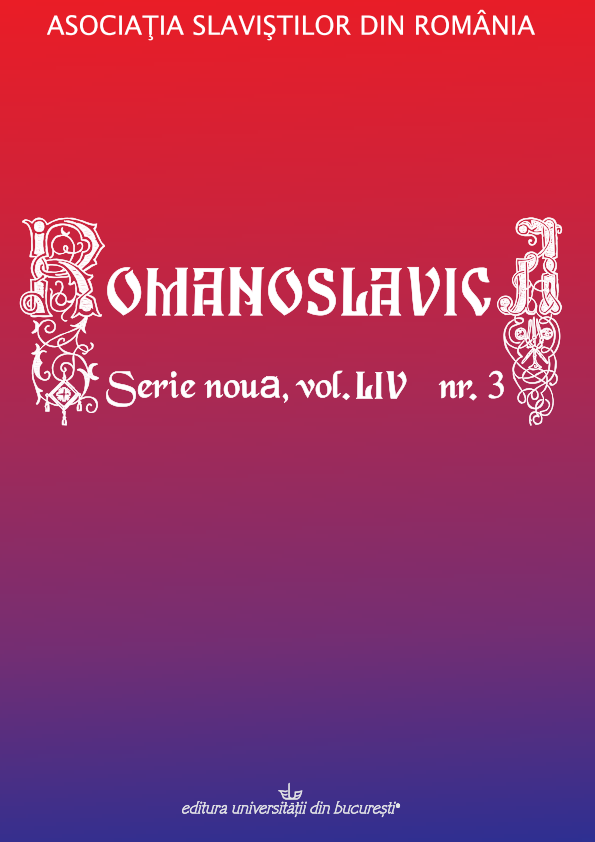Pușkin, Nietzsche, Gorki, pe marile ecrane. O ecranizare a libertății la Loteanu
Pushkin, Nietzsche, Gorky on the silver screen. Loteanu’s cinematic vision of freedom
Author(s): Ciprian TudorSubject(s): Political Philosophy, Russian Literature, Philology
Published by: Editura Universităţii din Bucureşti
Keywords: Intellectual History; Cultural Studies; Film Studies;
Summary/Abstract: In 1892, Maxim Gorky made his debut as a writer with Makar Chudra, a short story whose subject and plot were clearly reminiscent of a poem by Pushkin published in 1824. Young Gorky built his first story as a resonant chamber that echoed both Pushkin’s voice and the ideas of German philosopher Nietzsche. In 1975, director Emil Loteanu makes Gypsies Are Found Near Heaven, a film based on Gorky’s Makar Chudra, refashioning a cultural representation of freedom unshackled by the constraints of modern civilization. This article explores the intertextual sources of the film, as well as the shifts of meaning and cultural agendas, which come along with these re-elaborations of the idea of freedom.
Journal: Romanoslavica
- Issue Year: LIV/2018
- Issue No: 3
- Page Range: 123-131
- Page Count: 9
- Language: Romanian

